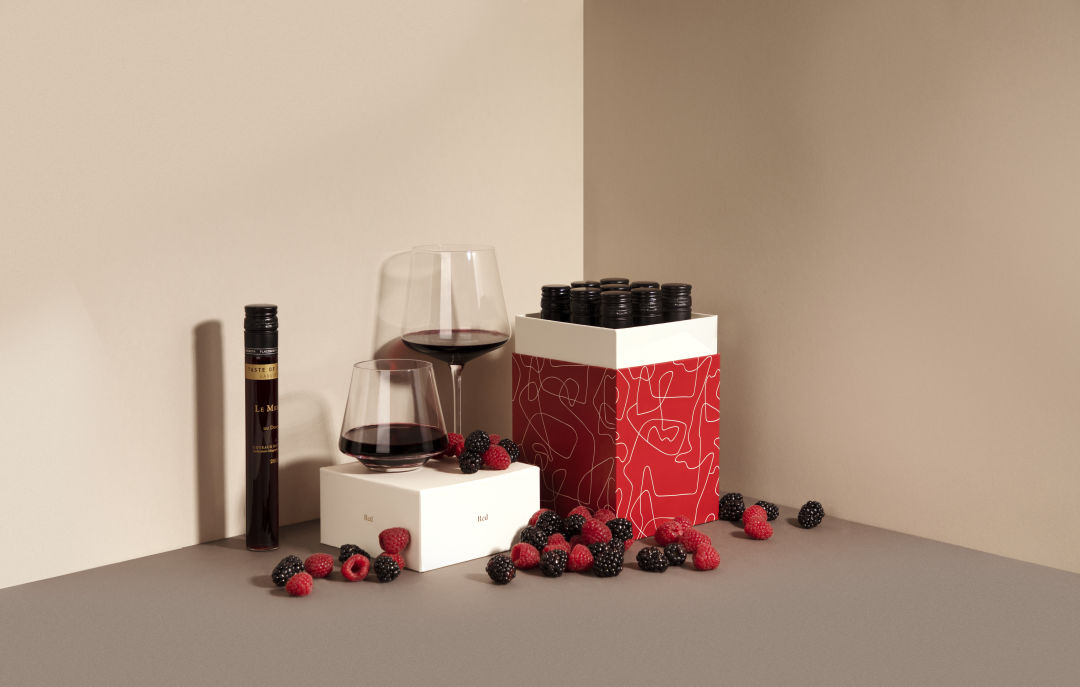Exploring the World of Online Wine Buying Clubs

A shipment of red wine from Vinebox.
Image: Courtesy Photo
Perhaps you’ve opened a package recently and, after the packing materials have been removed, discovered what appears to be a credit card at the bottom which turns out to be an offer from a wine buying club.
Usually, the offer is for a case of wine for around $60 and free shipping. These ubiquitous cards entice you to a treasure trove of fine wine both domestic and imported, and some are even offered by national institutions such as The Wall Street Journal and National Public Radio. To demonstrate their commitment to this venture, they even create catchy names like “Wait, Wait, Don’t Tell Me” cabernet.
These wines are usually of mediocre but occasionally good quality, and are almost always the result of excess production at wineries who make them available on the open market. Most of the clubs are administered by Laithwaites, and for the introductory enophile or casual wine drinker, they offer an opportunity to try a wide variety of wines and begin building a tasting history. The downside is that the wines are almost never available in retail, should you want to buy them locally, and they may not be available again from the club once the lot has been sold.
Another concern is the lack of transparency. Wine lovers enjoy making a connection with the winery. It may be as simple as reading the back label, researching the website or even visiting the winery. Most large buying club wines lack all information beyond the back label. There really is no way to explore the producer, region or even the blend.
However, there are exceptions. Naked Wines goes to great lengths to spotlight the producers, since member fees go the support them. This is one club I have personal experience with. A close friend is a member, and I was pleasantly surprised with the quality.
Winc, meanwhile, actually produces its offerings under the guidance of its founder, Brian Smith. The company uses algorithms and tries to determine your taste preferences at the beginning by asking questions about things like your salt preference and citrus tolerance. All of this is to create a profile for future selections.
Firstleaf is another algorithm-based company. A pre-qualification questionnaire leads you to introductory selections. As you consume and rate the wines, the algorithm focuses on your preferences and makes suitable recommendations.
“Never buy a bottle of wine before tasting it first," states Vinebox. "Find a Burgundy you love? Interested in trying a Willamette Valley pinot noir to compare? We’ve got you covered."
The company is unique in offering glasses of wine. The wine is shipped to you in test tube style containers holding one glass of wine each. Nine of these containers are shipped in an attractive box. Unfortunately, the club is currently sold out, but a waiting list is available.
Plonk, which usually refers to poor wine, features natural and biodynamic wines. The website is difficult to navigate, since half the screen is taken up with cart status.
Keep in mind your favorite winery probably offers direct shipments, especially nice for unreleased wines. Both local and national wine retailers also support their own wine buying clubs, so your choices are almost endless.
Bob McGinn has spent his entire career in the wine industry—forming wine clubs, working in wine sales marketing and engaging in all facets of the winemaking process, including vine management, fermentation and yeast analysis. He has developed wine programs for companies such as Marriott, Sheraton and Smith & Wollensky, and consults with local restaurants. You can read more of McGinn’s work at gulfcoastwinejournal.com.